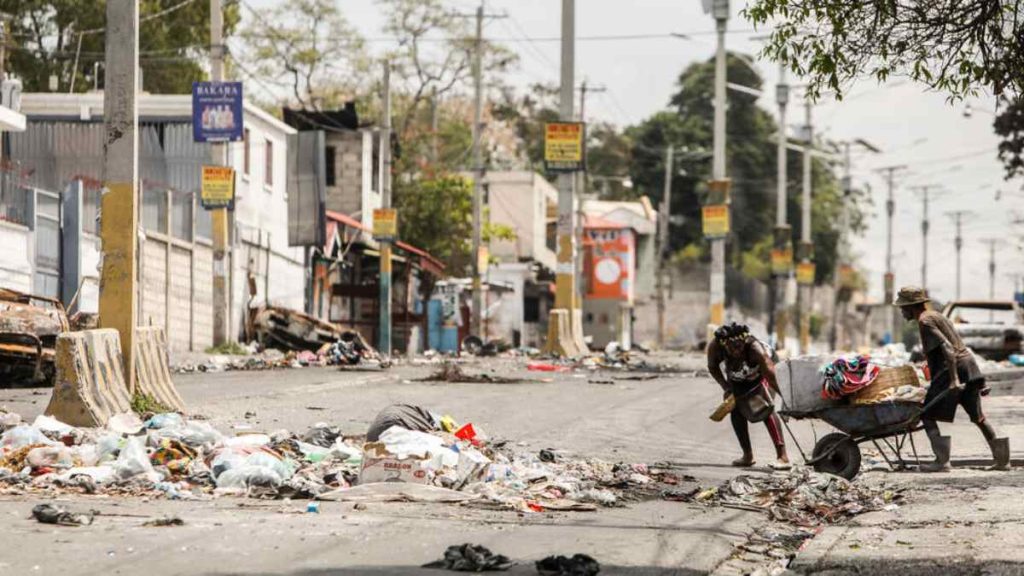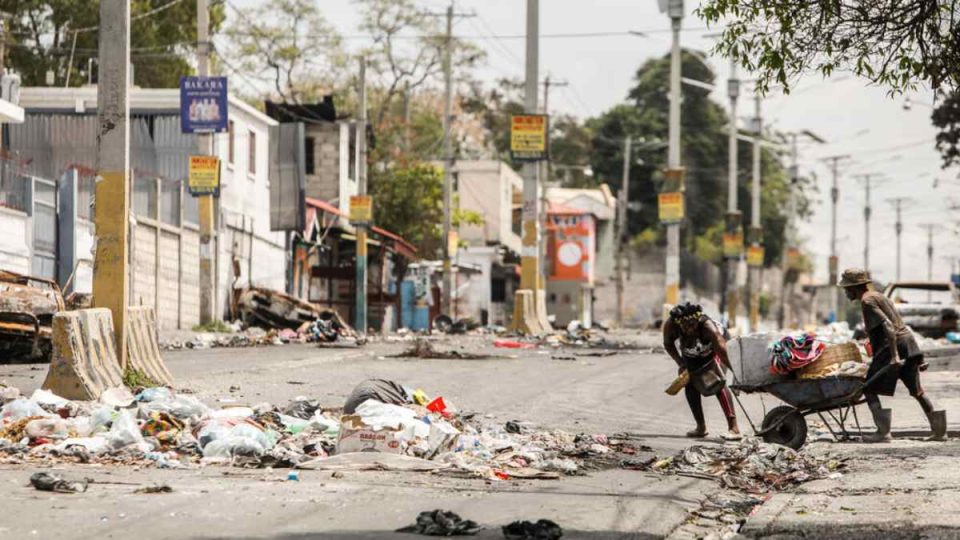In a tragic escalation of gang violence, over 180 people were brutally murdered over the weekend in Haiti’s Cité Soleil neighborhood. The massacre, reportedly orchestrated by gang leader Monel “Mikano” Felix, targeted elderly residents whom he blamed for his son’s illness and subsequent death through alleged witchcraft.
The National Human Rights Defense Network (RNDDH) initially reported that at least 110 people, all aged over 60, were killed. Witnesses described seeing mutilated bodies being burned in the streets, including young individuals who attempted to protect the elderly.
The United Nations confirmed the death toll at 184, with 127 elderly people among the victims. Stephane Dujarric, spokesperson for the U.N. Secretary-General, emphasized the urgent need for financial and logistical support for the Multinational Security Support mission to assist the Haitian National Police in restoring order.
Haiti’s prime minister’s office condemned the violence, stating, “A red line has been crossed, and the State will mobilize all its forces to track down and annihilate these criminals.” The office accused Monel Felix and his gang of planning the attack and vowed to bring the perpetrators to justice.
The escalating gang-driven chaos has ravaged Port-au-Prince, forcing hundreds of thousands of Haitian civilians to flee their homes. The Viv Ansanm gang alliance, which includes Felix’s gang, has been responsible for widespread attacks on state institutions, including prisons, police stations, and the city’s international airport.
In response to the growing violence, the international community dispatched a multinational policing force to Haiti over the summer. However, the so-called Multinational Security Support (MSS) mission has struggled to curb the extreme violence and remains under-resourced and partially deployed.
U.N. Secretary-General António Guterres called for an investigation into the massacre and urged member states to provide more support to the multinational mission. The Haitian transitional government has announced plans to hold long-awaited elections in 2025, provided there is sufficient security for a free and fair vote.
The White House echoed the call for urgent international support, expressing deep concern over the situation in Haiti. Volker Turk, the U.N. High Commissioner for Human Rights, urged countries to enhance efforts to stop arms trafficking to Haiti, noting that gangs’ increasingly modern arsenals are largely trafficked from the United States.
Since the massacre, Wharf Jérémie remains “under an informal siege,” with elderly residents and voodoo practitioners still targeted by the broader Haitian gang alliance Viv Ansanm, according to RNDDH. The ongoing violence has highlighted the need for immediate and comprehensive action to restore peace and stability in Haiti.



